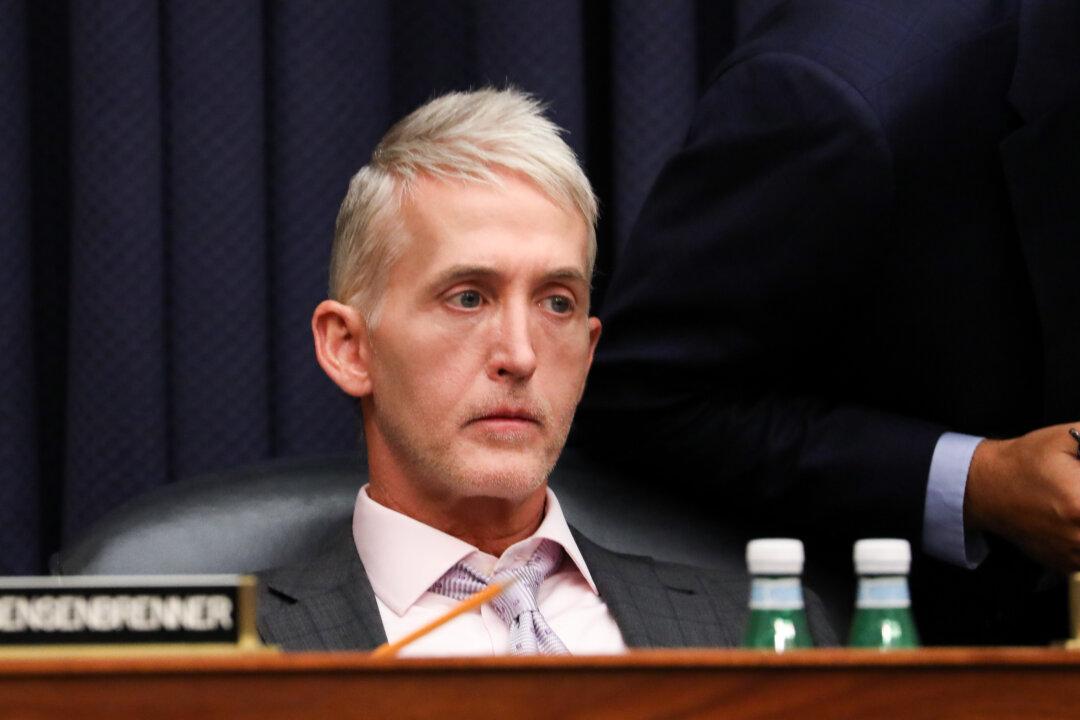Former South Carolina Rep. Trey Gowdy said he has “no idea” whether he will be needed by Trump’s private legal team given that he’s barred from communicating with anyone in Congress until January.
Amid the Democrat-led effort to impeachment President Donald Trump, it was announced that Gowdy was slated to join as an outside legal counsel to the president. However, Trump said on the following day that it appears like Gowdy can’t start “until sometime after January [2020]” due to lobbying rules and regulations.




